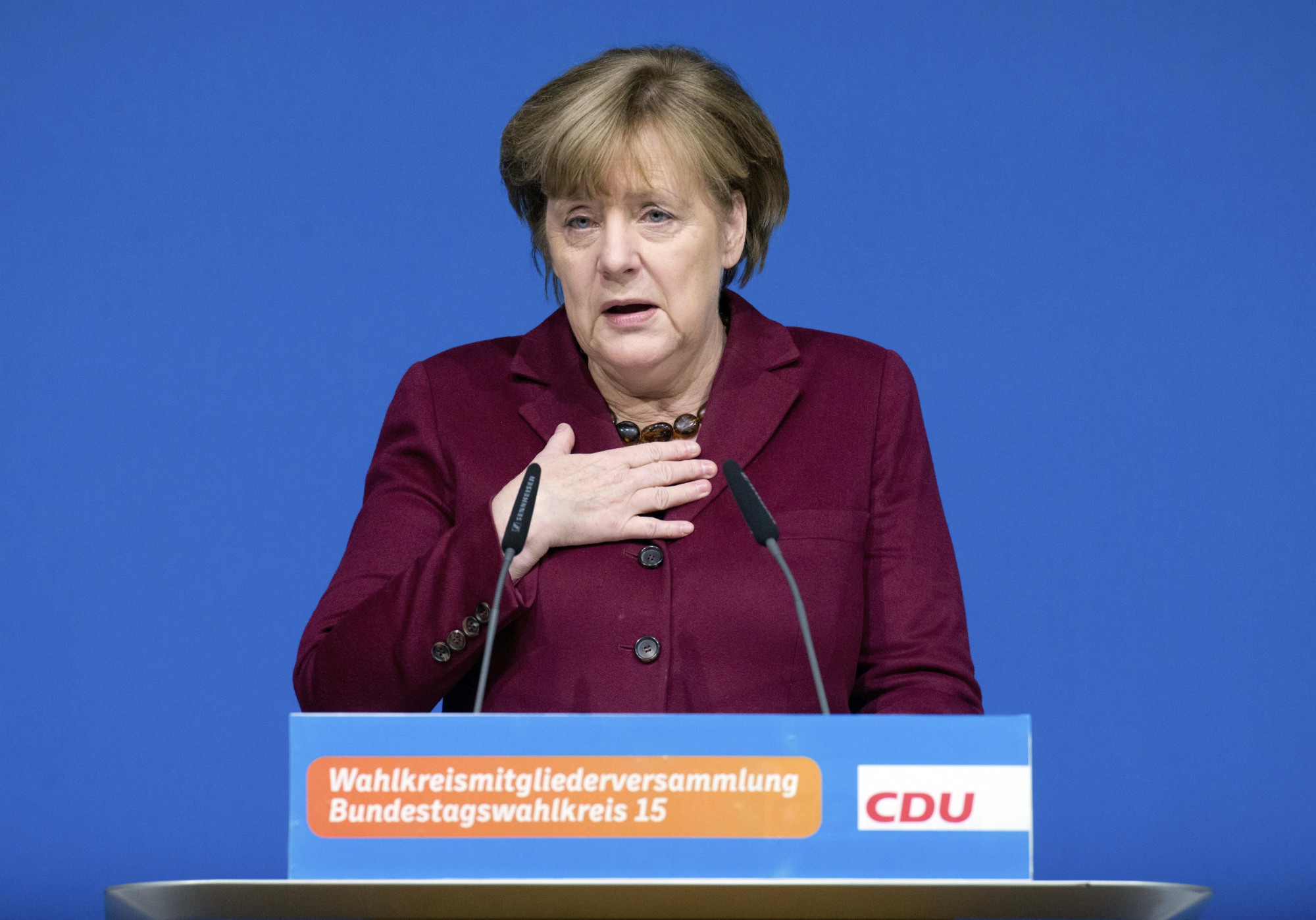Donald Trump has joined Russia, China and radical Islam as a threat to the European Union, EU leaders were told on Tuesday by the man chairing a summit where they will debate relations with the United States.
European Council President Donald Tusk, a conservative former premier of Poland, wrote to EU national leaders to lay out themes for discussion when they meet in Malta on Friday to discuss the future of their Union as Britain prepares to leave.
In vivid language that reflects deep concern in Europe at the new U.S. president's support for Brexit, as well as his ban on refugees and people from several Muslim countries, Tusk called on Europeans to rally against euroskeptic nationalists at home and take "spectacular steps" to deepen the continent's integration.


















With your current subscription plan you can comment on stories. However, before writing your first comment, please create a display name in the Profile section of your subscriber account page.